New Management
Manifesto
Imagine yourself standing in the middle of any urban street.
Take a moment to internalise the complexity around you.
Become aware of street signs, imagine someone designing them, others deciding where to put them and people organising to install them.
Expand your thinking.
Imagine the materials required to make the signs, where did they come from, how was the colour decided and finally the sign painted.
Where was the paint produced?
If you are lucky, you may be able to see some trees.
Imagine the natural processes that keep the tree alive and our technology and processes that impact the tree.
Stay with this thought for a little longer.
Imagine the pipes and wires under the street, materials, teams, organisations and systems that make it all work.
Could you map all it takes to make and keep the street the way it is?
How many people, how many systems, how many continents does it take to keep this random urban street the way it is?

The street is just a silly example that illustrates the complexity of our society. We manage it all, using physical, digital and social technology. Management is a social technology. At the fundamental level, management is about how we make sense of the world around us, how we make choices, and how we change things, at all level of our lives.
Much of the management practice is associated with organisations and consultants. Today, management is a vast set of concepts, some as old as our modern society, full of great ideas, horrible ideas, buzzwords and experts. But management is disintegrated, much of the concepts are outdated and struggling with the new global digital world.
It is time to re-examine the fundamental principles of management.
It is time for an upgrade for the global, digital age.
This is #newmanagement.
sense making
Making sense of the world around us has been transformed by digital technology. We have access to unimaginable amounts of information instantly. But sense-making is more than access to large amounts of information. Our mental models impact how we make sense of the world. Mental models are prone to hijacking and malware, just like digital systems. We need new practices for navigating our information ecology.
How we individually and collectively sense make, together with all the digital systems that enable and hinder effective sense-making. We outsource our sense-making more than most of us are conscious about or willing to admit. Building sense-making capacity within ourselves, our teams and our organisations are critical for prospering today and effectively delivering transformations we need tomorrow.
Effective sense-making requires a keen awareness of complexity and context. The implications for expertise are profound. The complexity we encounter every day moves our most predominant problems outside the realm of a single set of expertise. Sense-making is, therefore, a multidisciplinary, collaborative effort.
ChoiceMaking
Just as sense-making has become more challenging, so has choice-making within ever-increasing complexity. Complex systems interact in unexpected ways, making them hard to predict. Complicated systems are easier to predict, given starting position, complex systems are not. When we try to manage complex systems using approaches designed for complicated systems, we make serious, expensive mistakes. Our ecological crisis today is a seminal example of broken choice-making where unintended consequences have arisen from ignoring complexity.
Choices are decisions. Who makes them, based on what information? We need a whole new set of tools for integrating multidisciplinary sense and choice making. Some choices require detailed analysis and prediction; others require experimentation. We are moving away from the world of increasing shareholder returns to ensuring broad stakeholder experience transformation. Just like sense-making, choice-making is moving from a power-based hierarchical process to a collaborative co-created process able to work with complexity.
ActionTaking
Sensing and choosing are abstract. Action is where ideas meet reality. Effective action taking is the most challenging part of management, especially when backed by flawed sense and choice making. In a complex world, we need decisive actions and means to adjust quickly, both our understanding and our choices. Creating short, cost-effective (beyond monetary cost) feedback loops and ensuring our implementation is an evolutionary learning process are critical in a global, digital world we live in today.
Today, most of the actions we take are projects, with budgets, schedules and power hierarchies guiding their implementation. We need to move to sustainable actions, where teams of people continuously explore the sense, choice, action dance. The fundamental mindset shift is away from managing specific outcomes, towards managing sustained effort towards emerging goals. Actions we take should be sustainable, indefinitely; otherwise, we are merely shifting the burden towards future actions which is the root of externality crisis we face today.
The sense, choice, action dance plays out over different scales, from team level to local community level, at government and globally integrated supply chain levels.
Management practitioners today are continually searching for silver bullets that come in nicely packaged boxes.
If we are to integrate management, it needs to be capable of operating on all levels of our society within the complexity of our reality.
But this integration is not a call for a single framework; instead, it is a call for a continuous set of distributed experiments and learning bound by a set of values.
While the language in this manifesto may read as declarations, all the concepts within here are open questions.
These questions are the future of management.

Collective Intelligence
We have created a set of threshold conditions where our pathways are beyond a single set of experts to understand, choose and direct. Climate crisis, Covid-19 epidemic, meaning crisis are all examples of pathways that require multidisciplinary, collective intelligence. Management practice so far has always distinguished between managers and workers. In modern terminology, we call managers leaders. The differentiation is based on a concept of expertise. Some people know better than others. Some people work on, while others work within systems. That distinction is no longer appropriate. While expertise is still essential, we need collective intelligence as a way to deal with complex challenges and opportunities ahead effectively.
Collective intelligence is about bringing more contexts, more viewpoints together, to create a shared understanding. The main challenge is that expert intelligence is acquired before it is needed and can therefore seem to be much faster to deploy then collective intelligence. We study first and deploy our expertise later. Collective intelligence is not the same process. It brings expertise from different contexts together when needed, to dance with complexity as we encounter it. If we are to upgrade our management practices and impact, we need to build the capacity to create collective intelligence instead of collecting a set of "correct answers". Expertise is critical, but we can no longer deploy it by itself, without integrating it with other experts and experiences across different contexts.
Distributed Situational Leadership
We live in a world of pyramid-like power hierarchies. When we consider the complexity of even the basic systems we manage, it becomes evident that power hierarchies have reached their use-by date. As we sense-make, choose and take action, we realise that at a minimum leadership is situational. Multiplied by various contexts within which we need to operate it further requires the distribution of leadership. But power is real, some people have it, and some don't. Future of management requires deep empathy regarding who has power, how to share power and how to let go.
To begin with, we need to dismiss the separation between managers and leaders. We have separated these concepts within the management discussion as a way to escape the complexity of having to operate what we have and change for the better at the same time.
Leadership requires us to grow understanding through collective intelligence, choice-making by looking at a diverse set of viewpoint and potential pathways and taking action we can change through as well as learn within. Power hierarchies have taken us this far, but no further.
Stakeholder Experience
We associate management with the world of business. One of the prevailing concepts of the 20th century was shareholder value, or increasing money on money returns for investors. But businesses are a social technology, invented to co-ordinate groups of people and resources to deliver value, to even broader groups of people. Our narrow shareholder view needs to expand to include broader stakeholders, and our management practices need to reflect this shift at all levels.
If we are to tackle some of the most challenging topics we face today, everything from climate crisis to pandemics and social justice, we need to expand our concept of value. This expansion can't be translated into monetary value but has to be rooted in stakeholder experience. Our sense, choice and action practices require understanding who the stakeholders are, from people to commons and how these agents are given a voice and included in sense-making, choice-making and our actions.
Circular Design
Management of systems is greatly influenced by how we conceptualise the design of those systems. When we try to describe value chains, customer experience or impact, we typically conceptualise them as linear processes, that have a start, series of steps and an end. As we expand the power of the practice of management, we need to change how we conceptualise and design the very things we are trying to manage. We need to move from viewing linear systems to circular systems, where steps happen at the same time, have many agents interacting, have feedback loops and can at last attempt to reveal complexity we are managing. For us to understand broader stakeholders, be it, people, ecosystem or commons, we need designs capable of encapsulating complexity instead of generating unmanaged externalities.
The practice of management in terms of sensing, choosing and taking action needs to not only good at looking at existing systems but designing new systems. The value of circular design is as much about the circular concepts as it is about to design itself. Design is a critical part of the practice of management. Most managers and their advisors are not versed in design, especially circular design.
Regenerative Relationships
Management of dynamic, complex contexts requires conscious management of uncertainty. While we have so far externalised much of the uncertainty or negative impacts, we need to proceed with a much more deliberate focus on not only reducing harm but ultimately about regenerating wellbeing of people, communities, our culture and ecosystem within which we live.
The first step in building regenerative relationships with each other and broader ecosystems we operate within requires practising open lucid ignorance. We need to be aware of uncertainty and ensure we can move forward while minimising harm. The balance between innovation we so desperately need and ensuring we don't merely kick externalities down the road is one of the central challenges of management.
This last value, the value of regenerative relationships is the soul of #newmanagement.
Concepts articulated in this manifesto are a starting point only, and a call to sense make and experiment within the ecosystem of the contexts within which we operate. The model proposed here is not something to implement exactly. Do not create sense-making teams or collective intelligence workshops. These are guideposts, a set of shared values. How we implement these should be as diverse as possible.
Helps us, #newmanagers...
you are our only hope...
It is time to re-examine the fundamental principles of management.
It is time for an upgrade for the global, digital age.
This is #newmanagement.
